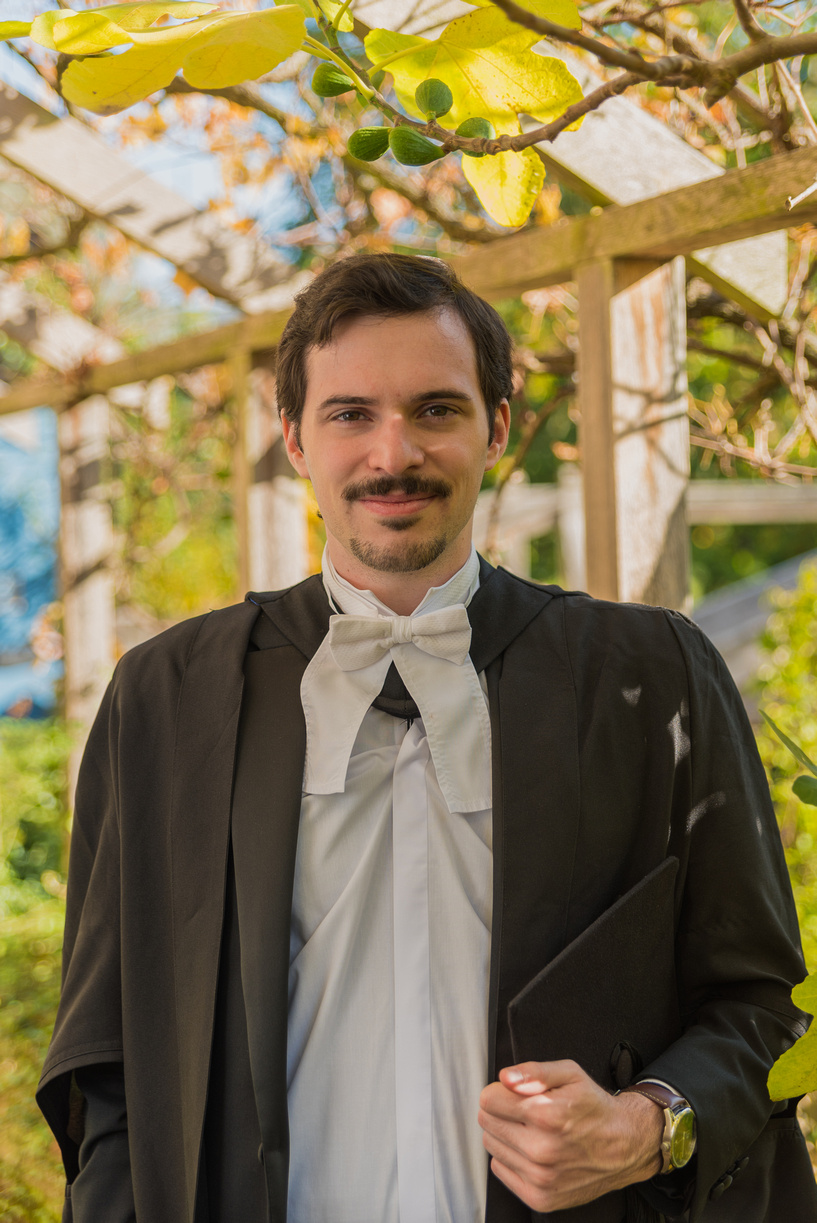
The goal of this research is to use Brazil as a case study in the transformation of global economic paradigms of the late 1970s and early 1980s, which encompasses the delegitimation of developmentalism and the rise of what is frequently referred to as “neoliberalism” or “Washington consensus.” Brazil offers a particularly rich prism through which to examine those changes: it was one of most important developing countries in the world in the mid-20th century, and in the late 1960s and early 1970s, adopted economic policies that produced some impressive results. In the early 1980s, however, the country faced a severe debt crisis. The project will describe how the Brazilian authorities navigated the complex waters of the 1970s and 1980s and how they interacted with international organizations in that process. The project also intends to discuss how those organizations, as well as the American government, evaluated Brazilian economic policies in that moment of crisis and uncertainty, and what this can tell us about the formation of a new global economic consensus. The project will make use of sources from the Brazilian and the American governments, as well as from organizations like the IMF and the World Bank.
Biography:
Eduardo Romero received a BA in History from the Universidade Estadual de Campinas (Unicamp), Brazil, where he did research on Ronald Reagan's labor policy, and he was an exchange student at the Universidade de Santiago de Compostela, Spain. He received an MPhil in Economic and Social History from the University of Cambridge, UK, where he compared Reagan and Thatcher's trade union policies. His is now doing research on the relationship between Brazil and international organizations during the 1970s and 1980s, focusing on how Brazilian economic policy was evaluated in the global arena. He is interested mainly in Brazilian history, American history, and the history of capitalism.
 THE UNIVERSITY OF CHICAGO
THE UNIVERSITY OF CHICAGO

